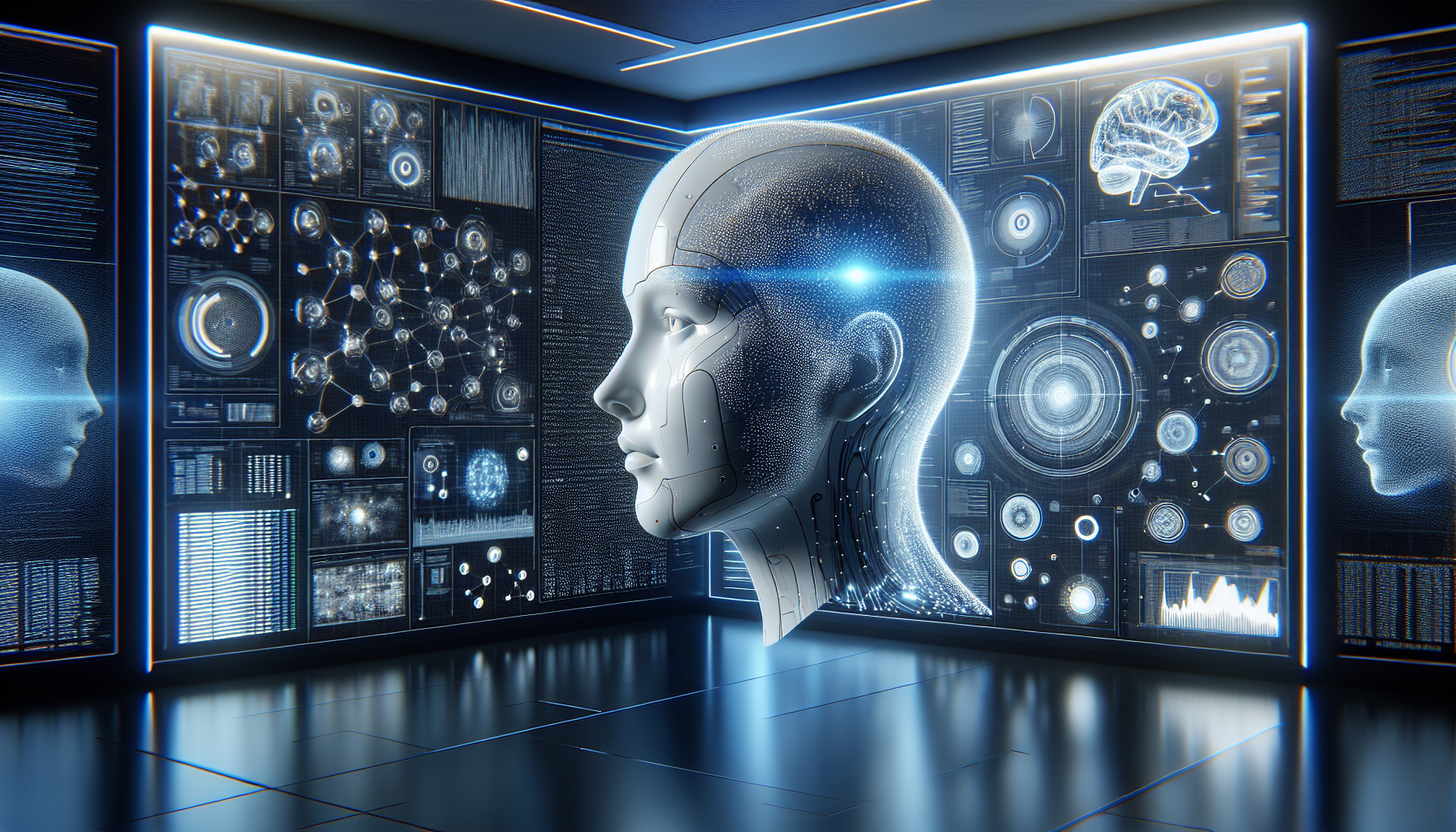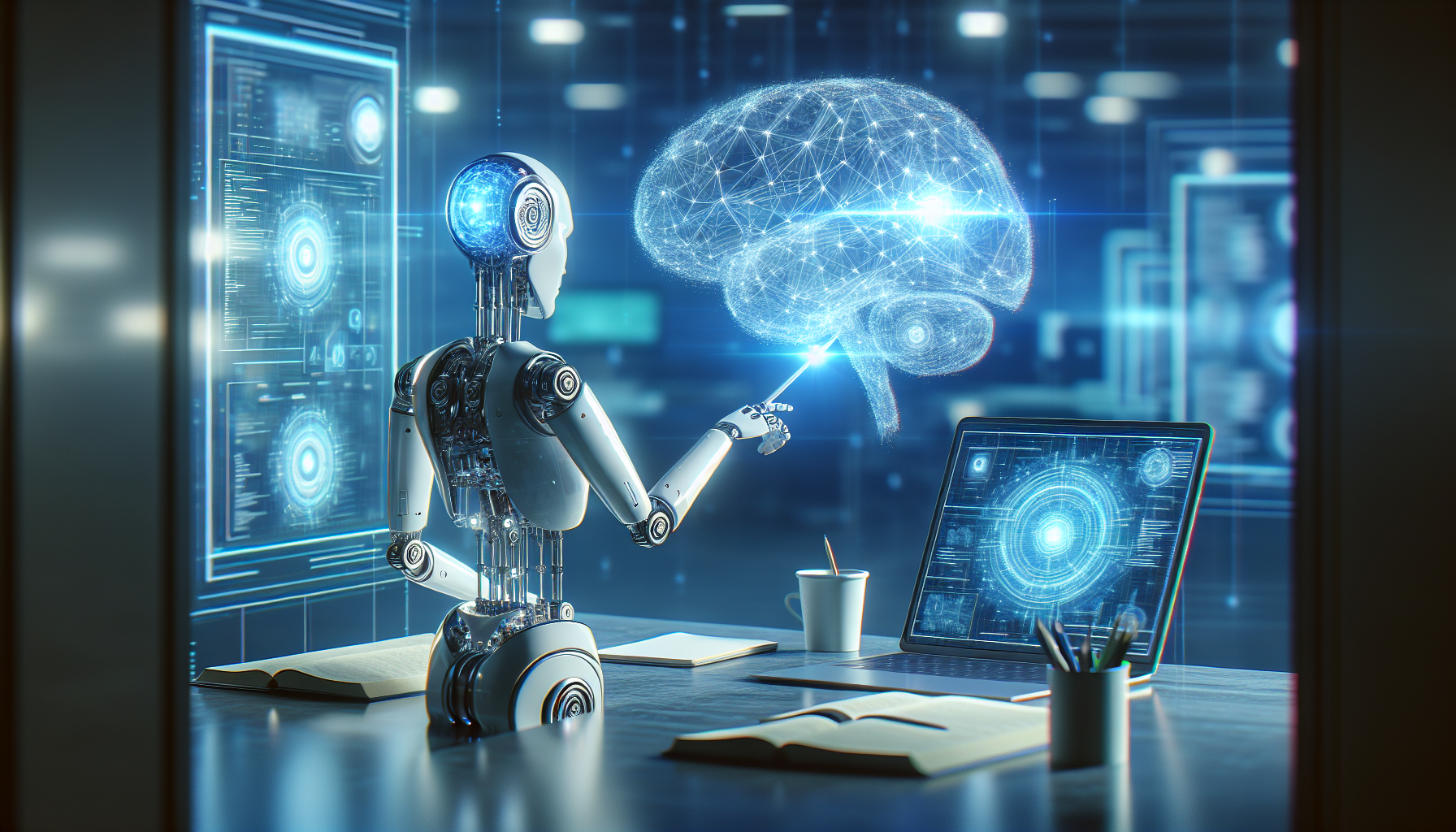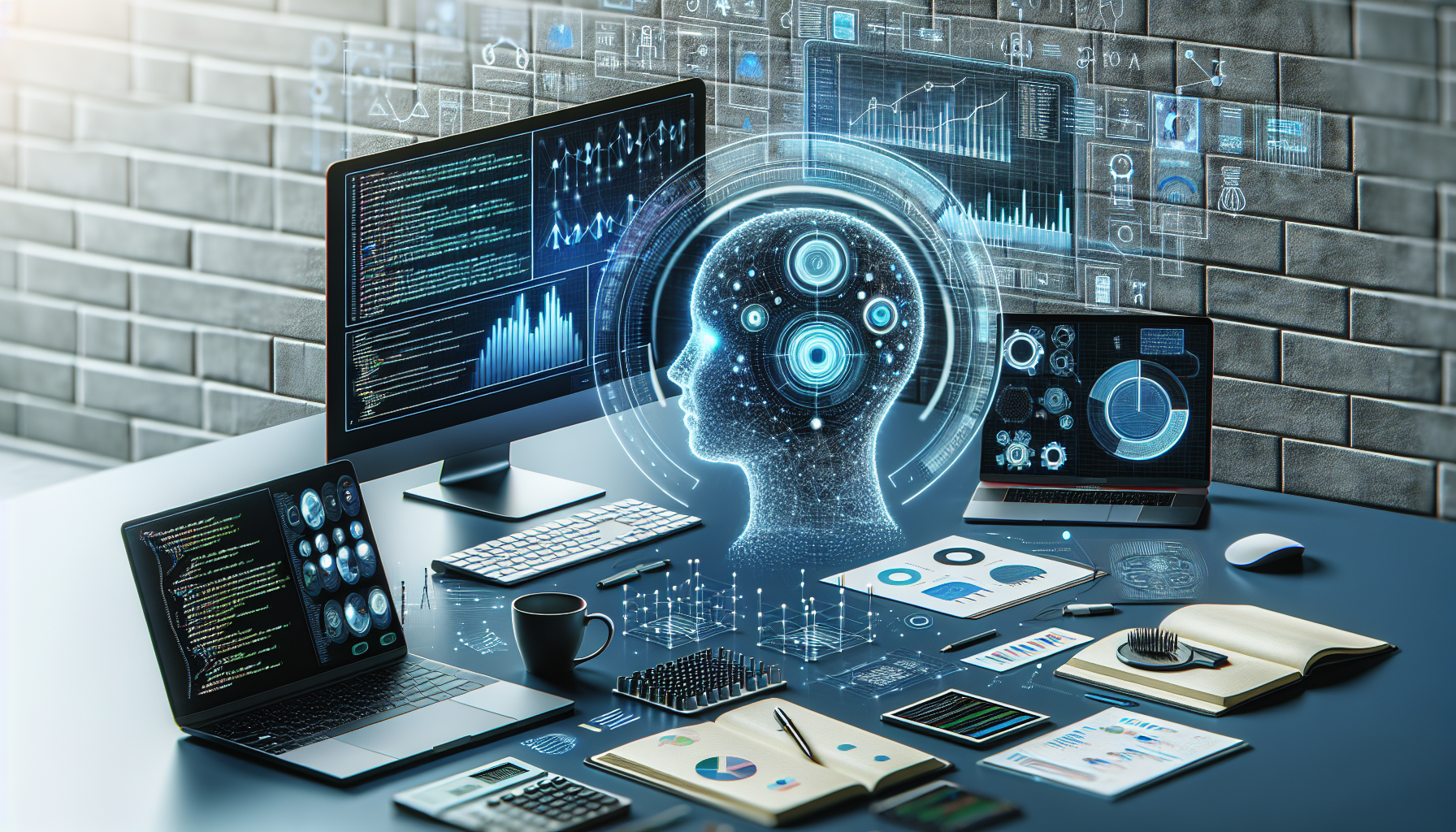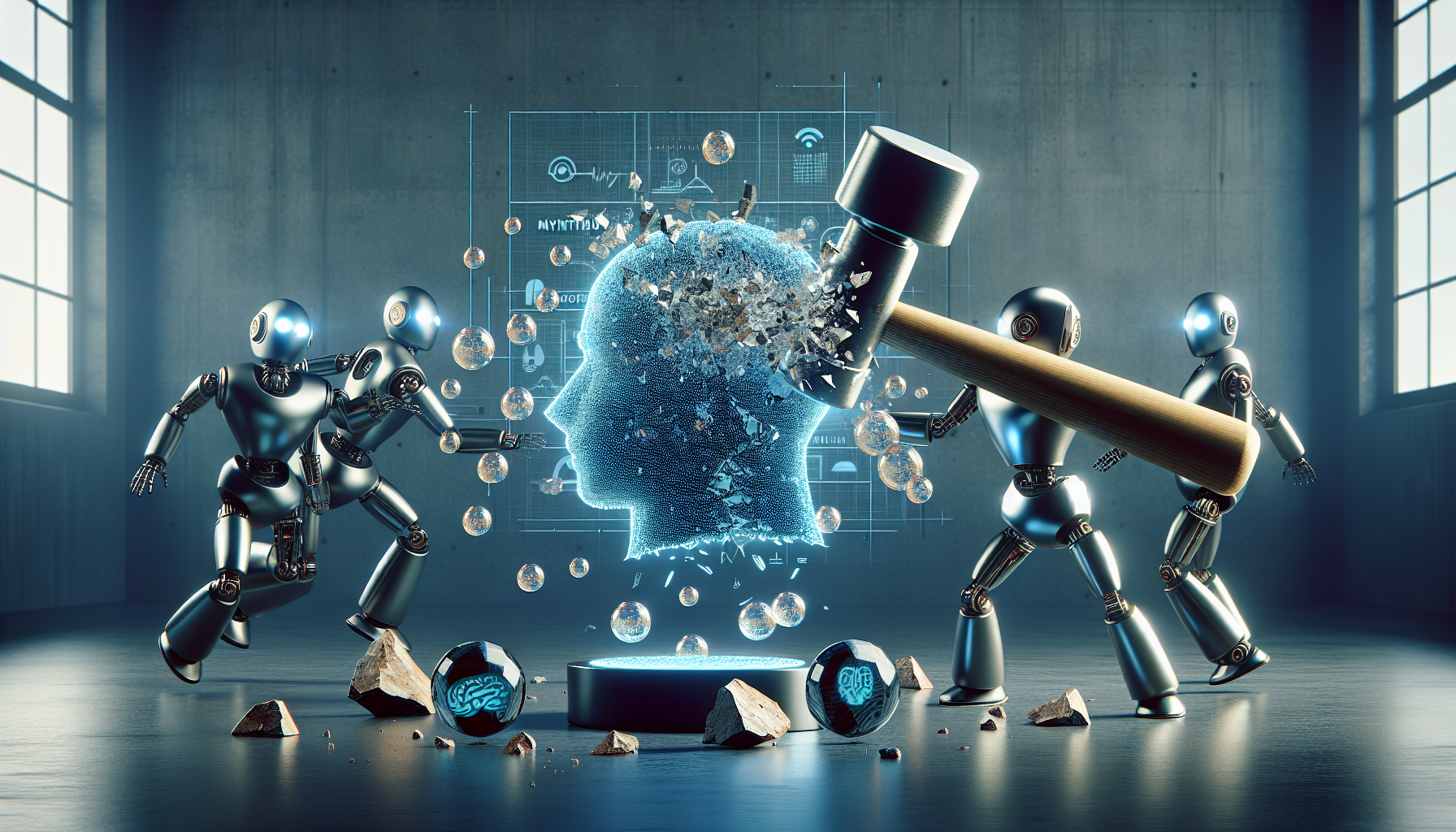
AI and the Future of Work: How Automation is Shaping Job Markets
August 13, 2025
Picture this: you're at a bustling café, chatting with a friend about work. One of you casually mentions how artificial intelligence is taking over jobs, and suddenly, the conversation veers into the deep waters of automation and employment. It’s a topic on everyone's minds these days, isn’t it? In this friendly chat, let's dive into how AI might be reshaping the job market, comparing it to past technological shifts, and what this could mean for the future.
To begin, let's take a quick trip back in time—not to any specific year, mind you, just a general jaunt through history. Remember the Industrial Revolution? It was a time when machines started handling tasks that were once firmly in human hands. People worried then, too, about job losses and societal upheaval. Fast forward to today, artificial intelligence is stirring the pot in much the same way.
But here’s the twist: AI is not just another machine. It’s different because it learns and adapts. Unlike the steam engines and looms of yesteryears, AI systems can improve their performance over time without human intervention. This capability is a game-changer, bringing both excitement and anxiety about the future of work.
Now, let's look at how AI is already changing the landscape. Take customer service, for instance. Virtual assistants and chatbots are increasingly handling tasks that were previously the domain of human agents. Sure, the friendly voice on the other end of your call might still be human, but behind the scenes, AI is analyzing data to personalize interactions and improve service efficiency. This blend of human and AI workforces is becoming more common, creating a hybrid job market where new roles are emerging alongside traditional ones.
On the flip side, there are jobs that AI might completely automate. Routine tasks in industries like manufacturing and data entry are prime candidates. But even as some roles disappear, new opportunities arise. Just as the rise of computers saw the birth of IT departments, AI is fostering careers in AI management, ethics, and programming.
Let’s take another step back and compare this with past technological changes. The advent of personal computers, for instance, transformed the workplace in ways that were unimaginable before their ubiquity. Back then, people feared for clerical jobs, yet we adapted. New roles emerged, and the workforce evolved. AI is likely to follow a similar pattern—not an overnight change, but a gradual evolution.
One fascinating aspect is how AI is promoting the concept of lifelong learning. Remember when a job used to mean mastering a set of skills and sticking with them for decades? Those days are dwindling. Today, the rapid pace of AI advancements means that continuous learning is not just a buzzword; it’s a necessity. Workers are being encouraged, even required, to upskill and reskill. Educational programs, both formal and informal, are popping up to meet this demand, offering courses in everything from basic AI literacy to advanced machine learning techniques.
There's also a global angle to consider. Different regions are experiencing AI’s impact in varied ways. In countries with robust tech ecosystems, the transition might be smoother, with ample opportunities for tech-savvy workers. In contrast, regions with less technological infrastructure may face tougher challenges. This disparity highlights the importance of policy interventions to ensure a fair transition for all workers, regardless of geography.
As we wrap up our chat, one can't help but ponder the broader implications. What kind of society do we want to create as AI continues to evolve? Will AI free us from mundane tasks, allowing us to pursue more creative and meaningful work? Or will it widen the gap between those who can adapt and those who can’t? These are the questions we should be asking, not just in boardrooms and government offices, but in our everyday conversations.
In this ever-changing job landscape, perhaps the key is adaptability. Just as history has shown us, with every technological leap comes both challenges and opportunities. The trick is to be open to change, to learn continuously, and to be part of shaping the future we want to see. So next time you find yourself in a café discussing AI and jobs, maybe ask yourself: How can we harness AI to create a future that works for everyone?


